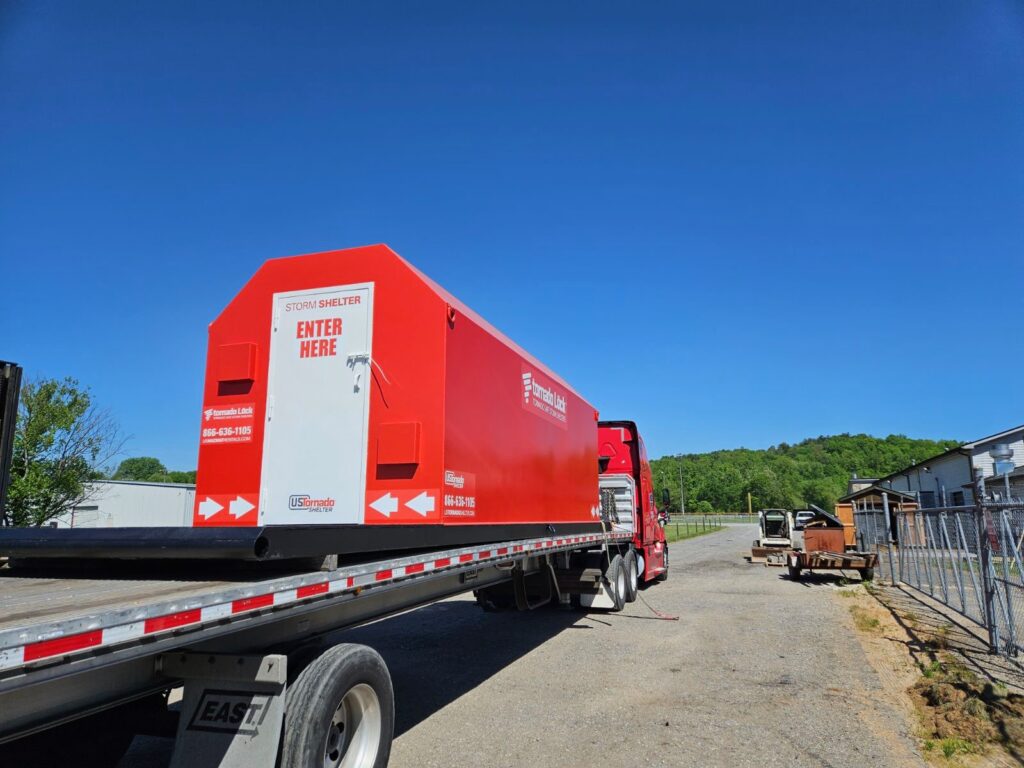Georgia Has Tornado Protection on it’s Mind
Georgia is urging residents to better understand tornado protection during the upcoming Storm Preparedness Week. Severe Weather Preparedness Week occurs Feb. 3-7. Although storm season is never-ending, state lawmakers are promoting several community engagement campaigns through county offices’ social media channels. Officials will also distribute storm preparedness information and additional toolkits for dissemination.
Severe Weather Preparedness Includes:
Each day of the campaign will address the following topics:
- Monday, Feb. 3 – Family Preparedness/NOAA Weather Radio Day: Purchase a life-saving NOAA Weather Radio and choose an out-of-state friend as a “check-in” contact to call if your family gets separated.
- Tuesday, Feb. 4 – Thunderstorm Safety: Learn the difference between a thunderstorm watch and a thunderstorm warning.
- Wednesday, Feb. 5 – Tornado Safety (Drill at 9 a.m.): Determine in advance where you will take shelter in case of a tornado warning.
- Thursday, Feb. 6 – Lightning Safety: Learn the 30/30 rule. If after seeing lightning, you cannot count to 30 before hearing thunder, go indoors. Stay indoors for 30 minutes after hearing the last clap of thunder.
- Friday, Feb. 7 – Flash Flooding & Flood Safety: Copy important documents, seal them in a watertight container and add them to your Ready kit.
“This past year alone, Georgia has experienced two major hurricanes, winter storms, and significant flooding, reminding us just how unpredictable, diverse and powerful Mother Nature can be,” said GEMA/HS Director Chris Stallings. “Severe Weather Preparedness Week is a critical time to reflect on these events and ensure we’re ready for the next challenge. By learning safety tips, reviewing emergency plans, and staying prepared, we can protect our families, homes, and communities from the impact of natural disasters. Preparation today can make all the difference tomorrow.”
Georgia Tornado Protection Saves Lives

Georgia reports 30 tornadoes annually. Many twisters are EF3, EF4, and EF5 tornadoes. While each tornado category is dangerous, higher-caliber storms are becoming more common. Georgia’s peak in severe weather (and tornadoes) occurs between January and May. Severe Weather Preparedness Week should also serve as a reminder to review emergency procedures and prepare for these severe weather-related hazards, according to a press release. Georgia is also at the eastern edge of a widening Tornado Alley. Climate Change will likely increase dangerous storms. Our panelized safe room kits and above-ground tornado shelters provide turnkey steel protection for each demographic. Contact us today for a continuous Georgia tornado protection.
